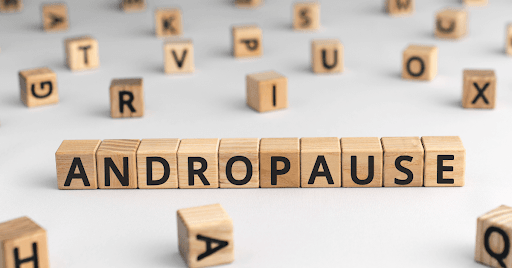


In 2005 she spent time abroad, participating in a medical aid programme in Sri Lanka in the wake of the 2004 Boxing Day tsunami and then working within the NHS in London. Following this, she moved to Melbourne where she worked as a junior doctor.

She grew up in rural New Zealand and enjoyed undergraduate life at the University of Otago. She now is a consultant Endocrine and General Surgeon at several tertiary hospitals in Melbourne. Here she also learnt skills such as fibreoptic nasoendoscopy for examination of vocal cords and retroperitoneoscopic adrenalectomy (RPA). With the increasing use of ultrasound and CT scans, nodules on the adrenal glands are increasingly being picked up incidentally - the "adrenal incidentalomas." The vast majority of these do not need surgery, but if it is required, it can usually be performed via a minimally invasive (keyhole) approach.ĭr Lam became a Fellow of the Royal Australasian College of Surgeons (FRACS) in 2013 and has undergone extensive post-fellowship training in Endocrine and General Surgery, including two years in Melbourne and one year as the Senior Clinical Fellow in Endocrine Surgery at Oxford University Hospitals NHS Foundation Trust. The adrenal glands are situated near the top of each kidney and make a variety of hormones. Surgery is the only long term cure available. High calcium can cause symptoms such as fatigue, low energy levels, difficulty concentrating, aches and pains, renal stones and also contribute to osteoporosis. Occasionally one or more of these may become overactive and cause high calcium levels in the blood. Parathyroid glands help control the calcium in the body. Usually patients are admitted to hospital on the day of surgery and are able to go home the following morning. This may be undertaken for conditions such as multinodular goitre, retrosternal goitre, Grave's disease, thyroid nodules or thyroid cancer.


 0 kommentar(er)
0 kommentar(er)
